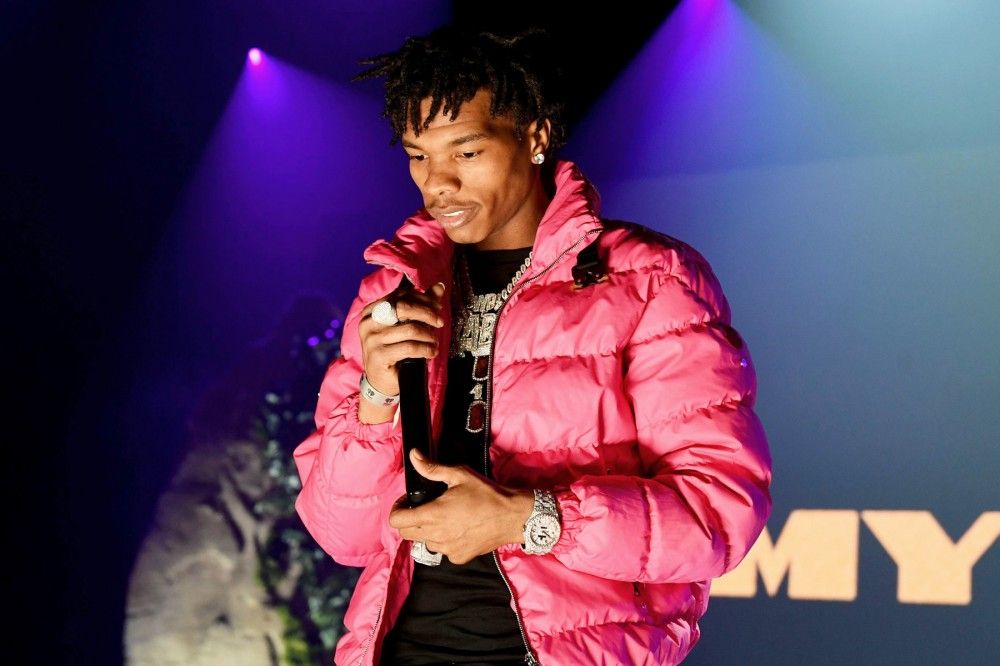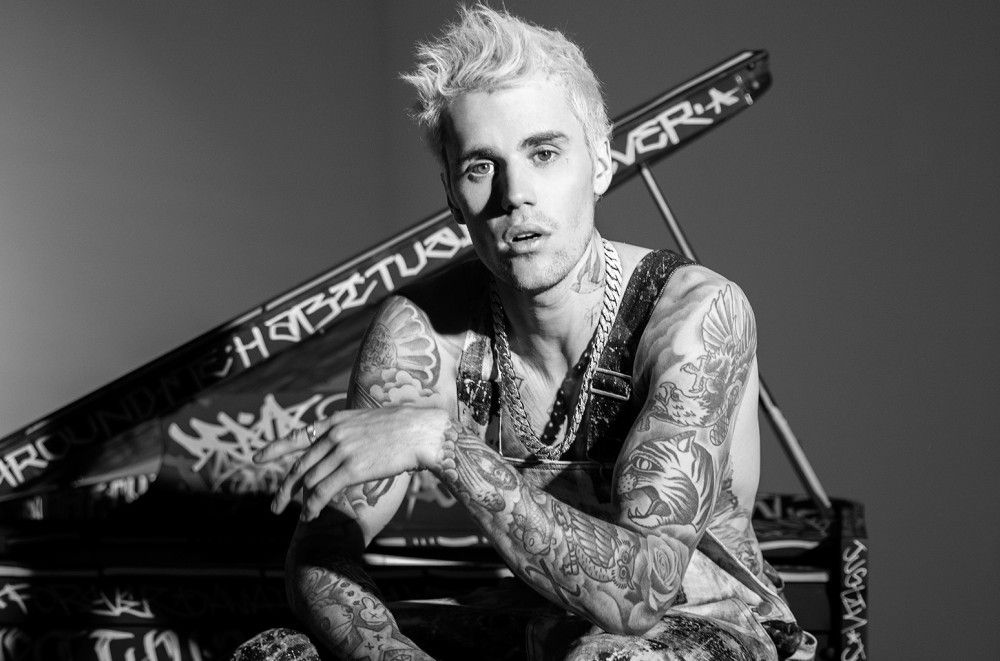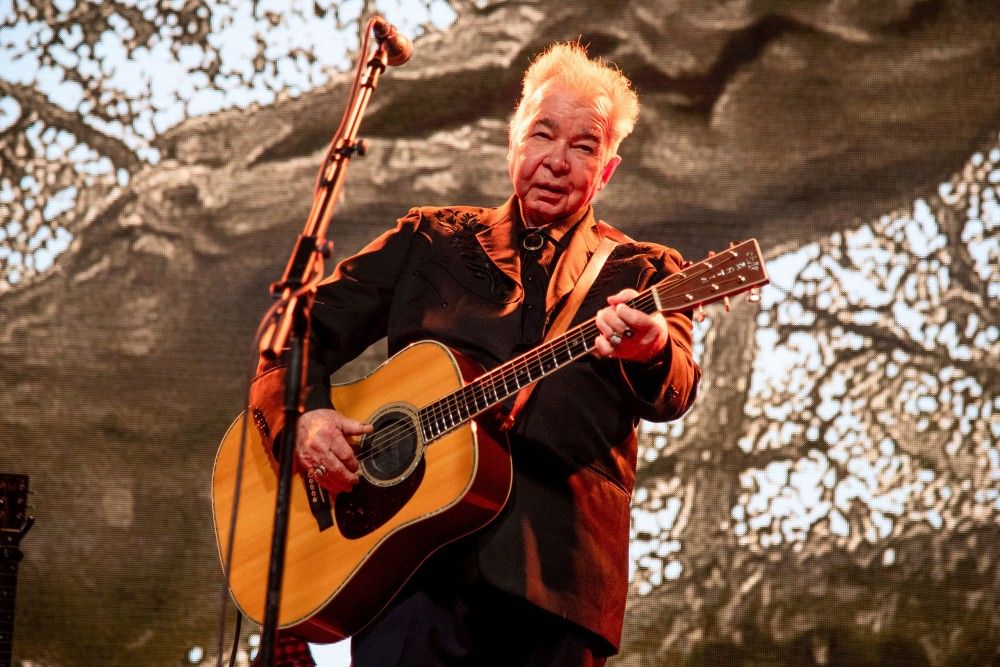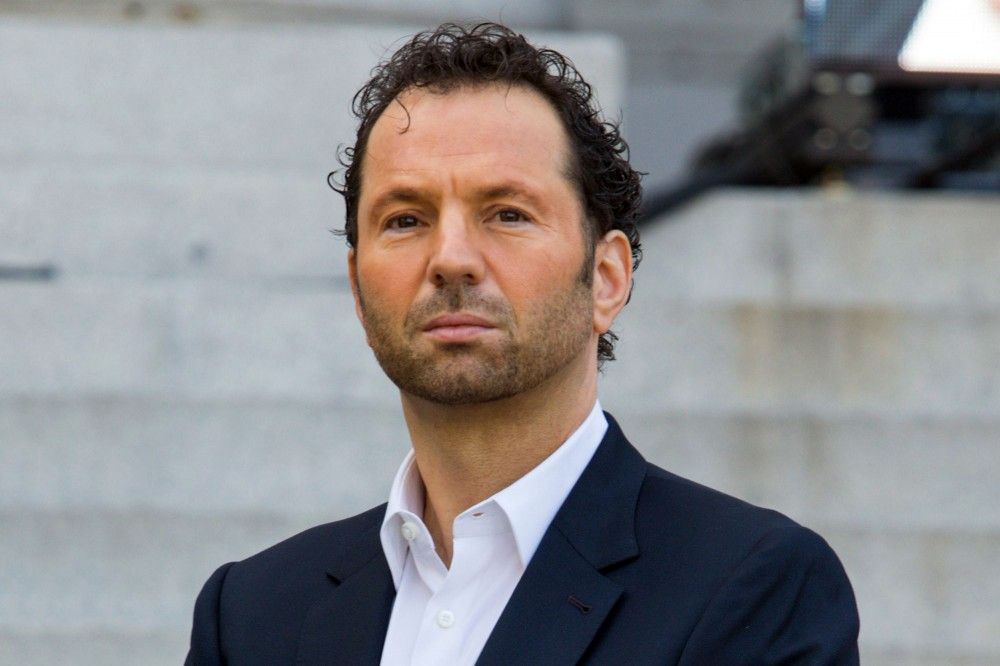
Lil Baby Proves Why He's Atlanta Rap's Biggest Recent Success Story on 'My Turn'
“I’m on my way, I’m going fast,” Lil Baby promised us on his debut single “My Dawg.” The Atlanta rapper was describing his excitement to get home and have sex, Three years later, the line could just as easily stand as the perfect epigraph for the breakneck speed at which has career has advanced.
Baby’s trajectory spiked the moment he started rapping in early 2017, when he got out of jail after serving a two-year bid. Within six months, he had a Young Thug co-sign, a deal with Quality Control, and a bona fide street hit in “My Dawg.” Several mixtapes, two Drake guest verses, one album, and one joint project with Gunna later, he is now an industry linchpin, the kind of streaming monster and reliable feature artist that Rich Homie Quan was once supposed to be. Baby’s latest album My Turn solidifies his status as the standard bearer of Atlanta commercial street rap.
Lil Baby is a natural, but he isn’t an innovator. He took Thug’s vocal blueprint and consolidated it, polished it, and sanded off its quirks. He’s a singing-ass rapper with a sharp ear for melodies and a sinus cavity that sounds like it is perpetually clogged with phlegm. Still, his voice is bright and airy, and his cadence is propulsive. When he launches into overdrive rapping over one of Quay Global’s elastic, turbo-charged beats, it sounds like an Auto-tuned lullaby set to 1.5x speed.
Last month, during an engagement at NBA All-Star Weekend, Baby proclaimed that his rapping skills had gotten “20 times” better in the past two years. On My Turn, his first release in 15 months, this is demonstrably untrue. If anything, his floor has simply risen; he is less likely to brick important verses like he did on “Yes Indeed.” Baby is an effective writer, even as he operates on the album’s narrow thematic terrain. He consistently finds slick ways to reiterate his feelings about luxury cars, watches, women, weed, money, fame, cultivating a boss mentality, and staying true to himself. “I spent five hundred racks on a Lambo/ And didn’t even know how to make that motherfucker go,” he admits on “Heatin Up.” He occasionally seems determined to dig deeper, as he does on the centerpiece “Emotionally Scarred,” a bittersweet reflection on how far he’s come. But Baby’s great strength is that he conveys emotion effortlessly; he doesn’t need to formally unpack old traumas to bear them out.
My Turn succeeds as a showcase of Lil Baby’s talent, but it still feels flat on due to its excessive length, the fact that every song is almost exactly three minutes, and the way it recycles 808 patterns and harmonic structures. Fresh production ideas inject life into the album, like on “Grace,” which evokes the sensation of ultra-slow motion, and on “Same Thing,” an infectious 2020 update on Lil Wayne’s “Mrs. Officer.” But just as quickly, these ideas falter, and the production reverts to Baby’s piano-forward comfort zone. The first ten seconds of DJ Paul-produced “Gang Signs” promise crunk greatness—then nearly all traces of crunk evaporate. As “Can’t Explain” begins, it seems like Baby is about to spit over some kind of Antonio Carlos Jobim sample, but the song soon devolves into a “My Dawg” redux.
With its hourlong runtime, My Turn has a lot of filler. But Baby’s filler is premium grade. While most rappers dream of making one song with potential to get radio play, Baby makes radio songs in his sleep. My Turn is packed with them, to the point that they start to blur together. It’s an album that exhibits both his floor and his ceiling, as well as his likely position as a staple of Atlanta rap for years to come.



